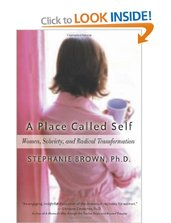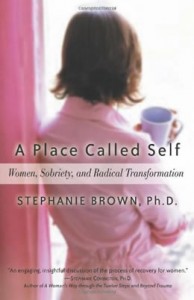In my Recovery Voices interview with Huseyin Djemil of Towards Recovery, Huseyin talks about how Andy Partington, in his new book Hope in Addiction, emphasises the distinction in the way that Spider-Man and Batman accomplish their feats. He discusses this distinction in relation to the nature of recovery.
The real deal in recovery is being bitten by the spider and having that internal transformation (like Spider-Man) that makes you look at everything differently. Huseyin had that transformation occur when he was in a rehab. He then ended up having all of Batman’s tools and skills as well, which further facilitated his recovery. Our Recovery Stories, 25 March 2023. [2’17”]
Recovery Voices is a new initiative being run by Wulf Livingston of North Wales and myself. Andy Partington’s book is out in the UK on 18 April, but is already out in Australia and USA. Here is a short endorsement I wrote for Andy’s book:

 In the
In the 




 ‘Recovery has held so many surprises for me. Some good. Some bad. I didn’t know I could hurt so much. But I also didn’t know I could love so much and be so loved. I had no idea that recovery was also learning how to be in intimate relationships, learning how to have close, wonderful friends. Then there’s my marriage. My husband and I have developed a rich life together. And get this – I really like myself now. Learning about who I am and accepting me, that’s been the hardest part of recovery – and the best. I wouldn’t trade this path for anything in the world.’ Anne, Recoveree
‘Recovery has held so many surprises for me. Some good. Some bad. I didn’t know I could hurt so much. But I also didn’t know I could love so much and be so loved. I had no idea that recovery was also learning how to be in intimate relationships, learning how to have close, wonderful friends. Then there’s my marriage. My husband and I have developed a rich life together. And get this – I really like myself now. Learning about who I am and accepting me, that’s been the hardest part of recovery – and the best. I wouldn’t trade this path for anything in the world.’ Anne, Recoveree
